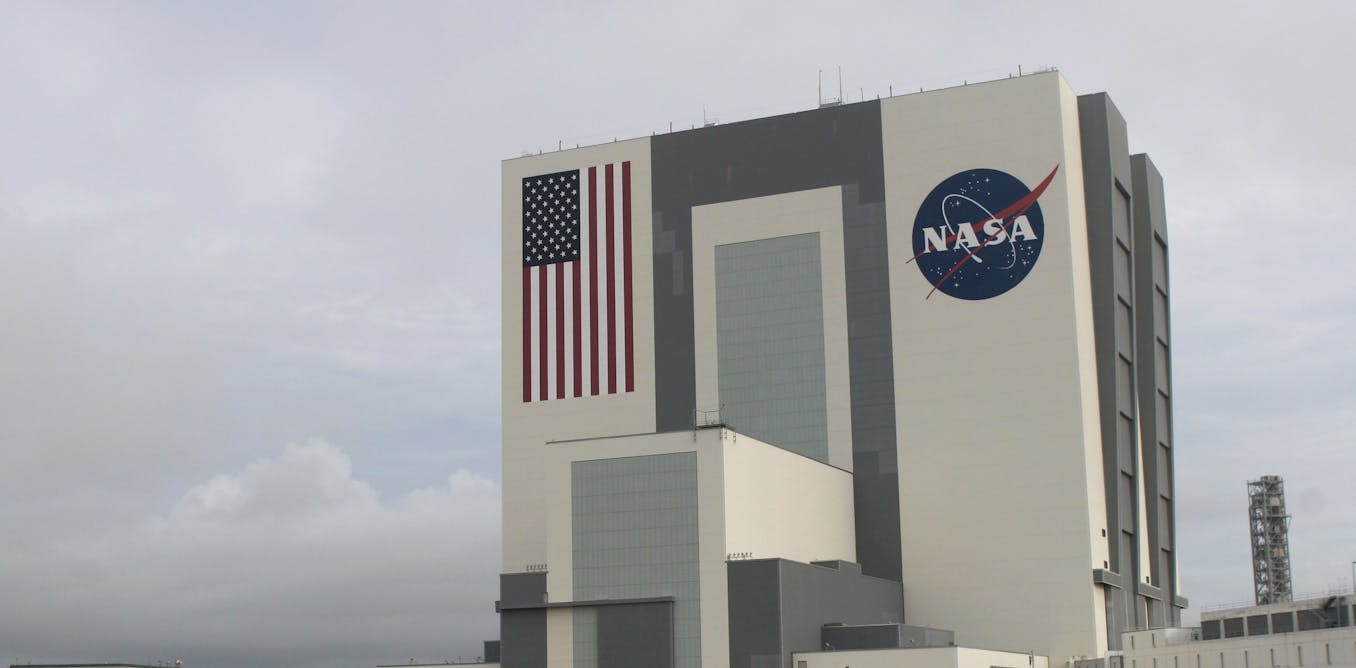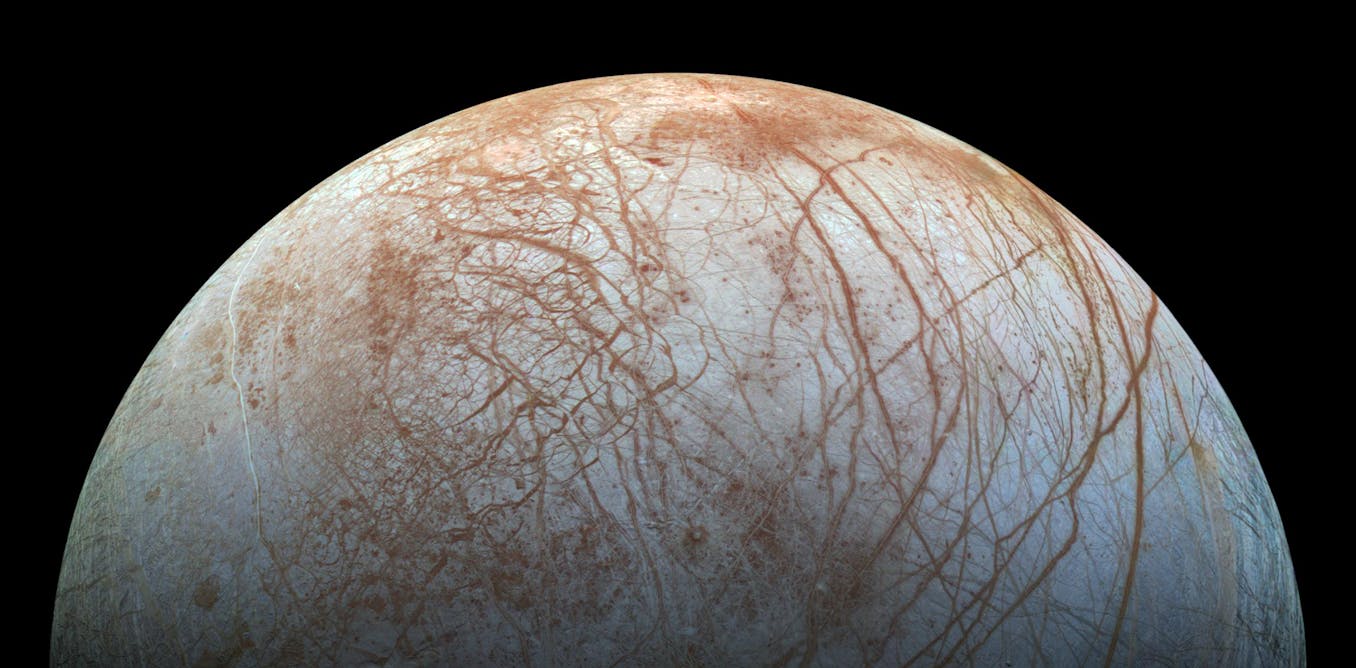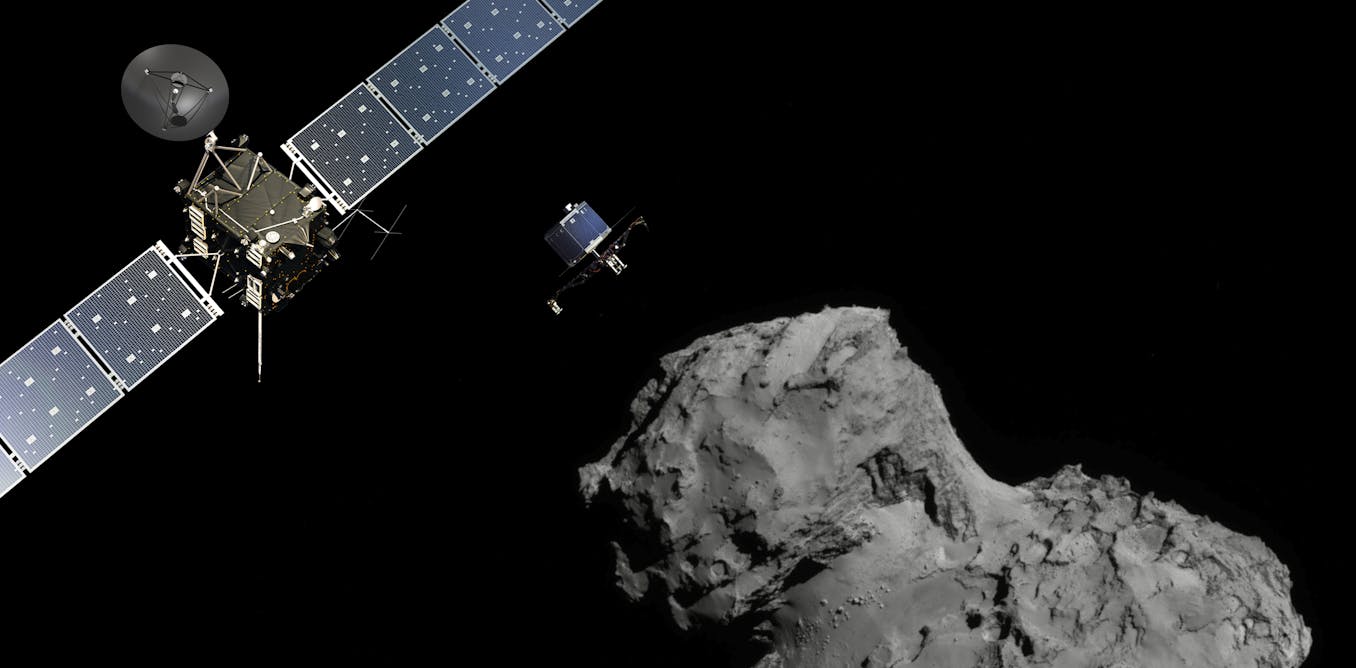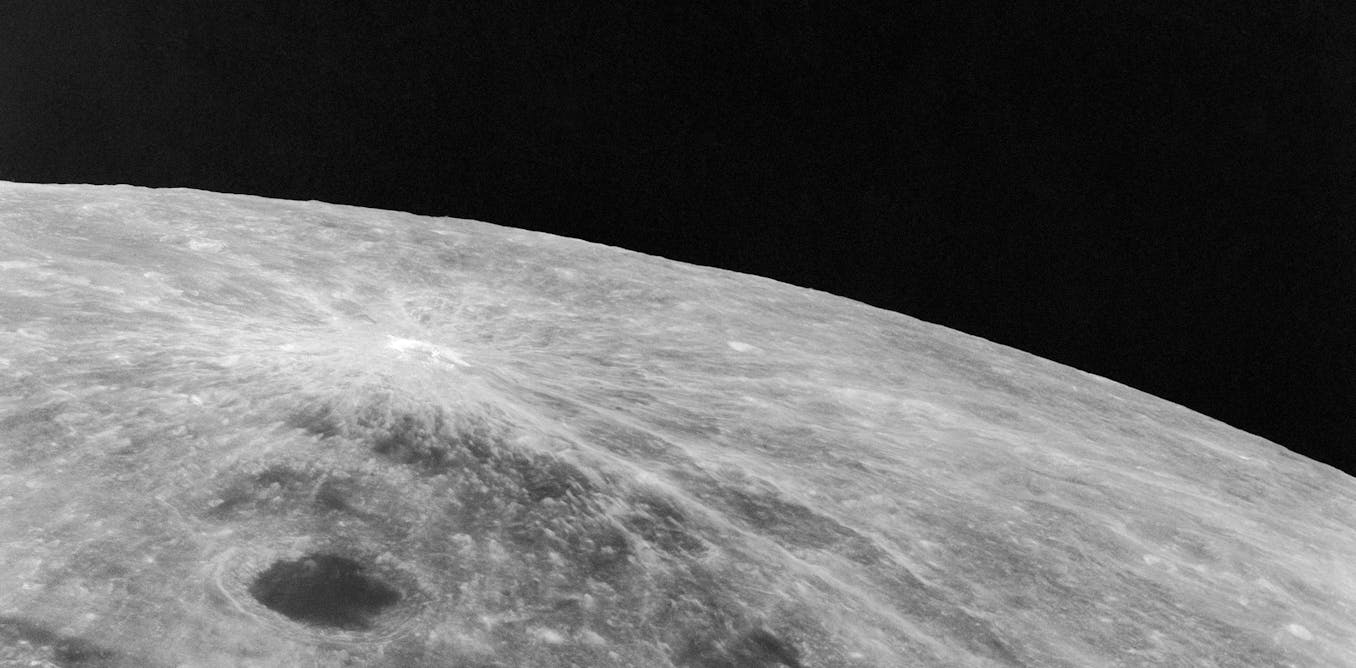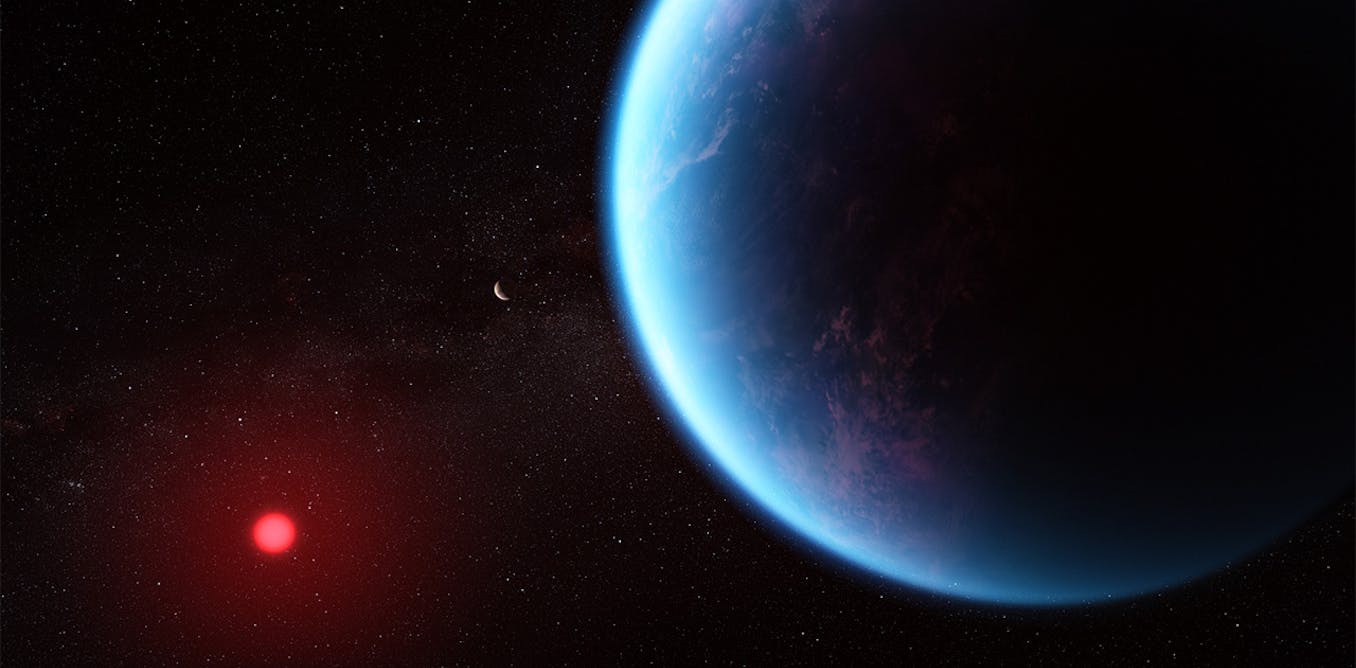Uncertainty at NASA − Trump withdraws his nominee for administrator while the agency faces a steep proposed budget cut
Under the proposed budget, several major projects, such as the Mars Sample Return and the Space Launch System, would face cancellation.
June 3, 2025 • ~8 min
New model helps to figure out which distant planets may host life
As NASA rolls out more powerful telescopes in the future, scientists will need a way to determine where to point them. A new approach could help.
June 2, 2025 • ~11 min
A decade after the release of ‘The Martian’ and a decade out from the world it envisions, a planetary scientist checks in on real-life Mars exploration
NASA hasn’t landed humans on Mars yet. But thanks to robotic missions, scientists now know more about the planet’s surface than they did when the movie was released.
May 22, 2025 • ~9 min
Landing on the Moon is an incredibly difficult feat − 2025 has brought successes and shortfalls for companies and space agencies
NASA’s learned a lot about the Moon since Apollo. But a perfect landing still requires incredible planning and scientific precision.
May 16, 2025 • ~10 min
Nasa’s planned budget cuts could set back space science, but show how to future-proof the agency
Major science missions could be cancelled, along with vehicles designed to return astronauts to the Moon.
May 9, 2025 • ~7 min
Scientists found a potential sign of life on a distant planet – an astronomer explains why many are still skeptical
The exoplanet K2-18b could harbor a massive ocean, but scientists will need to study the planet more to see if it’s really likely to host life.
April 18, 2025 • ~9 min
Why the meteorites that hit Earth have less water than the asteroid bits brought back by space probes – a planetary scientist explains new research
Water-rich meteorites contain key ingredients for life, yet they barely appear in meteorite collections. Recent research using shooting stars may explain why.
April 14, 2025 • ~8 min
/
24


